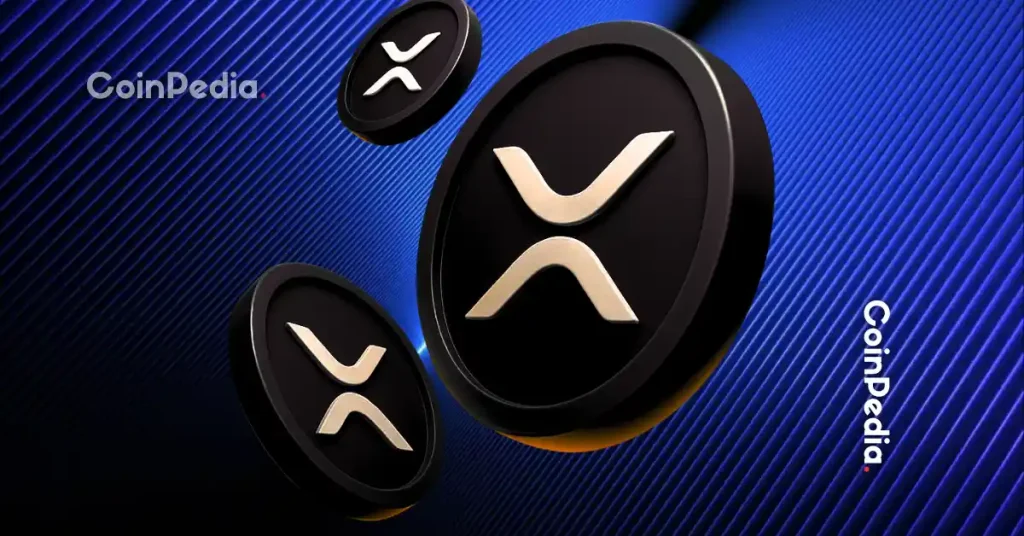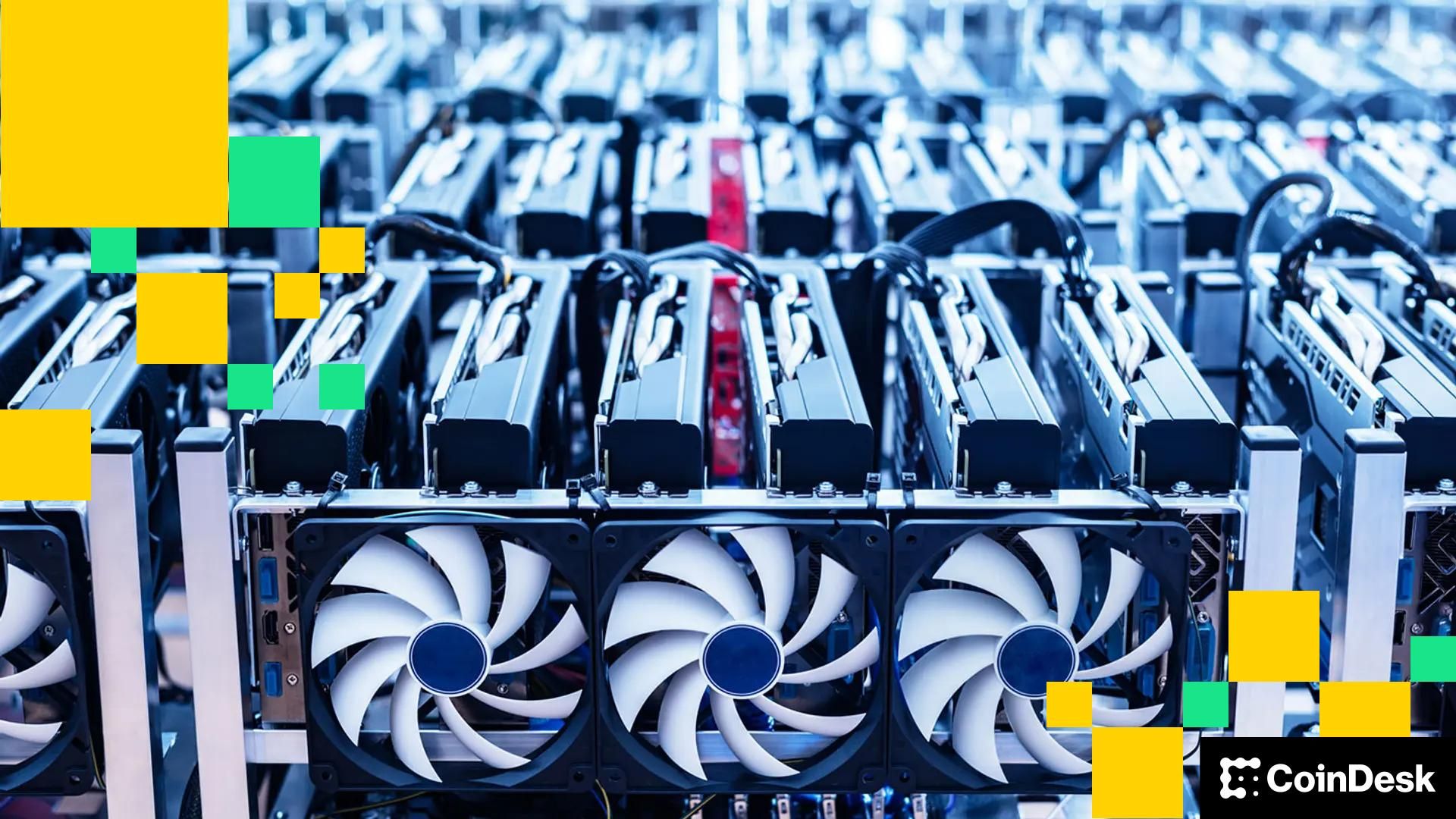Alphabet’s Google and China’s Alibaba have both unveiled new initiatives that show wider application of artificial intelligence beyond the virtual world of software to the physical world of devices and robotics.
The announcements, made on Wednesday, October 8, 2025, reveal how the two powerful tech companies are leaning on AI to drive their next wave of growth amid intensifying global competition.
Alibaba bets on embodied AI
Alibaba Group has set up an in-house robotics and embodied AI team within its Qwen division, the Hangzhou-based company’s flagship AI unit. The move, disclosed by Qwen’s technology lead Justin Lin in a post on X, marks Alibaba’s most explicit foray yet into physical AI systems. “These applications should definitely step from the virtual world to the physical world,” Lin wrote.
This reflects Alibaba’s effort to translate its generative AI advances into tangible products. The company recently led a $140 million funding round for robotics startup X Square Robot. Chief Executive Officer Eddie Wu has forecast global AI investment to reach as much as $4 trillion over the next five years, with embodied AI seen as a major growth driver.
Alibaba’s push comes as rivals from Nvidia to SoftBank and ABB accelerate their robotics investments. SoftBank this week agreed to acquire ABB’s industrial robot business for $5.4 billion, while Nvidia’s Jensen Huang has described AI-powered robotics as a multitrillion-dollar opportunity.
Google’s AI-first hardware strategy
While Alibaba looks to bring AI into the physical world through robotics, Google is embedding it deeper into everyday devices. Following the summer release of its Pixel 10 smartphones, the company on Wednesday introduced the Pixel 10 Pro Fold, Pixel Watch 4, and Pixel Buds 2a.
The Pixel 10 Pro Fold, Google’s third-generation foldable, retains the look of its predecessor but brings key refinements. It features thinner bezels, a slightly larger 6.4-inch external screen, IP68 dust and water resistance, the first foldable in the US to achieve that rating, and support for magnetic wireless charging via the new Qi2 standard.
The device’s gearless hinge offers improved stability, while its larger frame allows for stronger speakers and haptics. The 5,015 mAh battery comfortably lasts a full day, though the Tensor G5 processor still trails Samsung’s Snapdragon 8 Elite chip in gaming and video-editing performance.
But the real story lies in the integration of Gemini, Google’s conversational AI model, across the device.
Gemini can summarize emails, schedule appointments directly from messages, and power features such as Magic Cue for automated replies and Ask Photos for image editing through text or voice prompts. These capabilities extend across the company’s hardware ecosystem, offering a more unified AI experience than many rivals.
Critics note that Gemini’s performance remains uneven, occasionally misreading context or failing to activate gestures consistently.
AI’s next frontier
The two announcements show that there’s a growing consensus across the technology industry that the next phase of AI competition will hinge on embodiment and this may be in the form of a smartphone assistant, a physical robot or something else.
Apple is expected to enter the foldable market next year, while Chinese firms like Huawei and Oppo continue to close the gap in both design and camera performance.
For Google, focusing on AI helps differentiate its Pixel line in a saturated smartphone market. For Alibaba, robotics could mark its next strategic frontier as Chinese firms push to localize core technologies amid global supply chain tensions.
Want your project in front of crypto’s top minds? Feature it in our next industry report, where data meets impact.
















 English (US)
English (US)